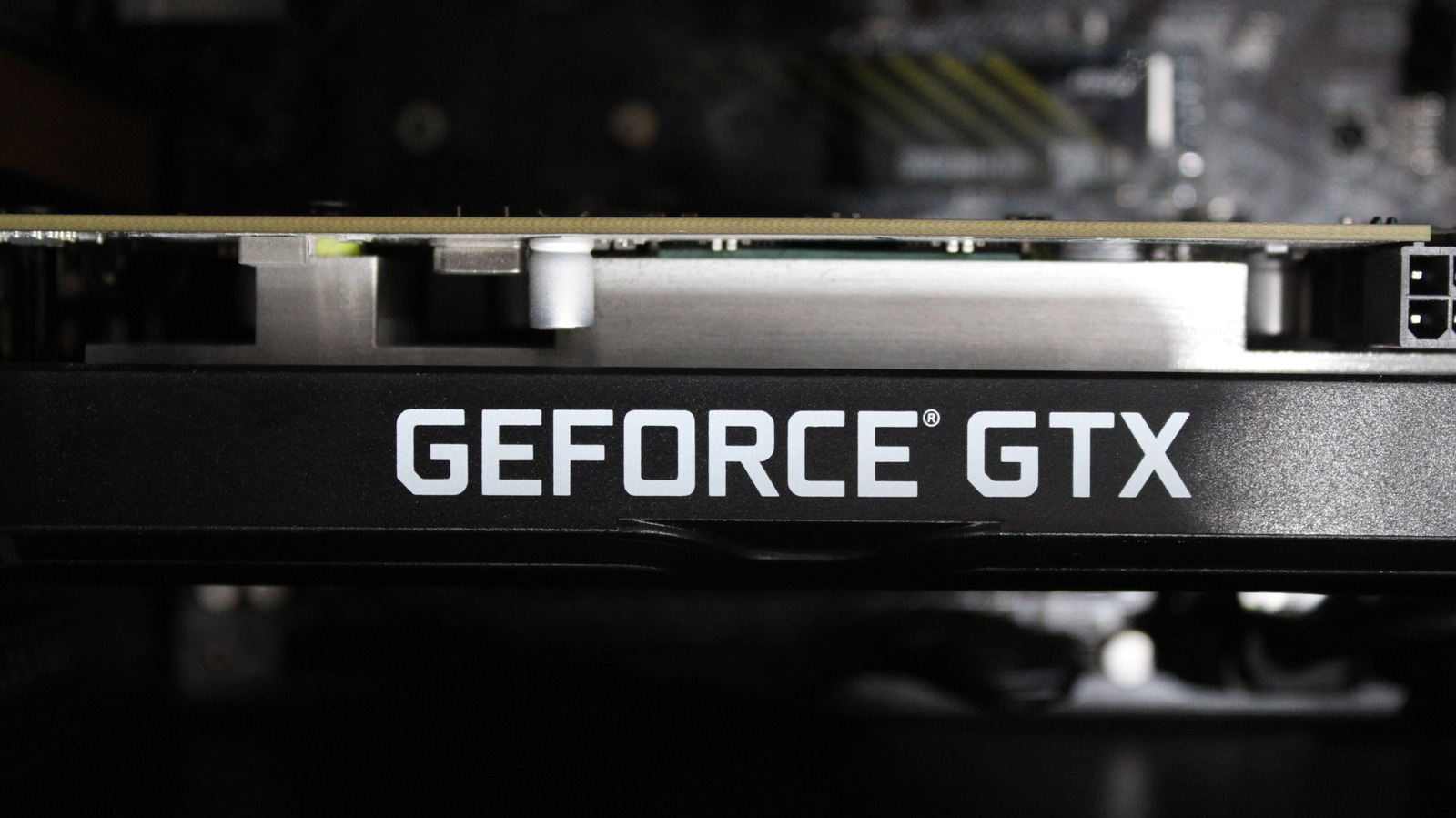Artificial intelligence is reshaping how Africans access loans, education, content, and even healthcare, yet beneath the bright promises of “innovation” and “democratisation,” a quieter story unfolds, one that risks encoding old inequalities into our digital future.
If we do not act deliberately, AI could reproduce the same gender gaps we’ve spent decades trying to close, and it won’t just be unfair, it will be unprofitable.
AI is rapidly becoming Africa’s new economic engine. From Lagos to Nairobi, venture capital is flowing into startups that promise to leapfrog traditional infrastructure. Machine learning models are beginning to underwrite loans for the unbanked, diagnose diseases remotely, and optimise complex supply chains. The investment thesis is compelling: data-driven efficiency can unlock the continent’s massive, underserved markets.
But this economic engine has a critical design flaw: it is running on incomplete fuel.
In Africa, the data that trains AI is overwhelmingly male. Because men are more likely to own smartphones, use mobile money, and leave active digital footprints, they dominate the datasets that algorithms use to “learn” about the world. The result is not just a social equity issue; it is a massive market inefficiency. If Africa’s new digital tools cannot accurately see, value, or serve 50% of the population, they are leaving billions of dollars in economic activity on the table. The risk is most acute in fintech, the crown jewel of Africa’s tech ecosystem. Traditional banks have long ignored low-income women due to a lack of collateral. Fintechs aimed to fix this by replacing human loan officers with algorithms that predict creditworthiness based on “alternative data,” like mobile airtime purchase patterns, geolocation history, or app usage.
In theory, this democratises credit. In practice, it often automates historical exclusion.
Algorithms are backwards-looking; they learn from historical patterns. When a credit model is trained on data from a financial system that has effectively sidelined women for decades, it learns to view female borrowers as high-risk “outliers” by default.
Furthermore, the supposedly neutral proxies used by AI often backfire when applied to gendered social contexts. If an algorithm correlates high mobility (travelling frequently around a city) with economic activity and ability to repay, it may inadvertently penalise women who, due to safety concerns or disproportionate domestic care duties, have more restricted movement. Similarly, if “time spent online” is a proxy for digital literacy and lower risk, women who are time-poor due to unpaid labour are unfairly downgraded.
This is a costly error for investors. The International Finance Corporation (IFC) estimates that women-owned small and medium enterprises (SMEs) in emerging markets already face a massive annual financing gap of $1.7 trillion. These are not bad businesses; they are invisible ones.
Beyond finance, the “data blindness” problem threatens other high-growth sectors. In agriculture, AI tools aimed at helping farmers optimise crop yields often rely on data collected from male heads of households. Yet, women perform roughly 40% of crop production in sub-Saharan Africa. If ag-tech solutions are not calibrated to the specific crops women tend to grow, or the smaller plots they typically manage, these tools will fail to scale effectively across the actual agricultural workforce.
The problem is compounded by who is building these systems. Technology inevitably reflects the blind spots of its makers. Currently, Africa’s tech ecosystem suffers from a severe representation crisis. UNESCO reports that women make up only about 30% of Africa’s professionals in the tech sector, with even lower numbers in specialised fields like data science and AI engineering.
For global investors and policymakers looking at Africa’s digital future, gender neutrality is no longer enough. Mere neutrality, when applied to deeply unequal datasets, simply reproduces that inequality at hyperspeed. Fixing this requires shifting from passive adoption to active governance. Africa cannot afford to just import regulatory frameworks from the Global North; it needs rules tailored to its unique data landscape. High-level policy documents like the African Union’s Digital Transformation Strategy correctly identify closing the digital gender divide as a prerequisite for growth. Now, this must translate into hard compliance.
If a shiny new credit model rejects creditworthy women at a significantly higher rate than comparable men, it is not merely a bias, rather a defective product that is mispricing risk.
Africa’s “AI moment” is a test of its economic maturity. The continent has a unique opportunity to build a digital infrastructure that corrects, rather than repeats, the mistakes of the analogue era. The choice is clear: build inclusive systems that can tap into the full productive potential of 1.4 billion people, or let faulty algorithms shrink the market before it even fully opens.
_____
Mission is an economist and researcher focused on literacy, gender, development, and digital innovation. She studies how state and non-state actors influence recovery in conflict regions and how economies breathe under the weight of oil, exchange rates, and policy. She currently leads Mibe Consulting, turning ideas into funded projects.










